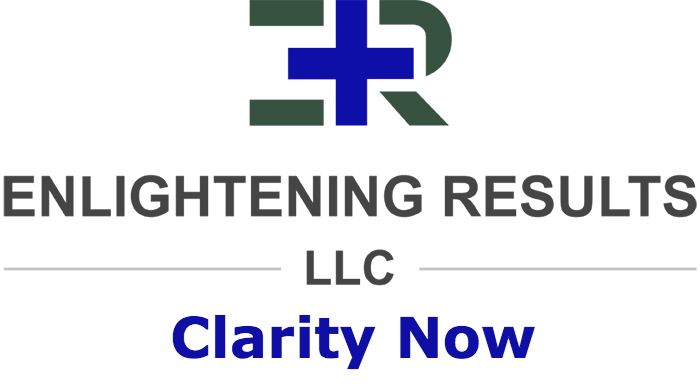'Tis The Season To Be Grateful
/While having coffee the other day, I came across a video called The Thank You Project (please see link below). Watch it. I assure you, it’s worth 5 minutes of your time. In 2004, Kellie Haddock, her husband, and their 14 week old son were involved in a horrible car accident. Her husband was killed on impact and their son was severely injured. In her heartbreaking tale, she recounts the roller coaster ride she endured while her son’s life was in limbo. Ten years later, she tracked down the team of heroes who saved her son’s life to formally thank each and every one of them and personally invite them to a big thank you party. The video is gut wrenching, beautiful, and reinstates one’s belief in humanity. While the entire scope of the The Thank You Project resonated with me, there was one moment that spoke volumes. A nurse said she had never been thanked before after the fact. “Guilty.”, I thought in a mix of my own disappointment and disbelief. In my life thus far, I’ve experienced many hospital stays and visits from a variety of angles, encompassing family members, friends, clients, as well as myself. I’ve seen and experienced many wonderful doctors, nurses, and medical staff who provided exceptional care. I may have uttered a thank you in passing but I’ve never wrote a thank you note afterwards for their amazing care, let alone approached them in person. I’ve never formally thanked them for their dedication and nurturing. For their expertise. For their tenderness in tending to the wounds of my loved ones or my own. For being there when they were needed the most.
Just this past Saturday, my father was rushed to the hospital and into emergency surgery. At 2:10 am I was in the surgical lounge waiting for the doctor to come back with an update. Closing my eyes briefly while fighting to stay awake, I heard snippets of conversation floating from the kitchen across the silent hall. The nurses were chatting while heating up their lunch. I couldn’t help but overhear the following:
“I missed my daughter’s holiday concert this evening. Second year in a row. We’ve been so busy I just couldn’t call out.”
“It’s been awful leaving my sick kids every night. I know my husband can take care of them, but it’s still not easy, especially leaving the 5 month old. I hope her fever isn’t as high.”
“ I haven’t told my kids that I’m working on Christmas again.”
(Paging interrupted the conversation and a rush of motion could be heard down the hall.)
“Sorry, girls. Got to go save some lives.”, said one woman as she ran back to the nurse’s station.
At that moment, I was snapped back to reality. These nurses, doctors, and the endless numbers of medical technicians and staff were here, at now approximately 2:30 in the morning, literally saving and sustaining lives, putting their private lives at home on hold.
It is customary to give stylists at salons a gratuity for services such as haircuts, hair coloring, and blow-dries. We tip the bartenders for our drinks and the wait staff at restaurants for our meals well served. We tip the manicurist and the pizza delivery guy. With the holidays upon us, ‘tis the season to be grateful. Commit to always taking a moment to write down the names of the nurses, doctors, technicians, and medical care staff that provide you and your loved ones with healing and life sustaining care. The least we can do is say “Thank You”. I know I’ll never forget again.
https://www.youtube.com/watch?v=SwKyauE_l-k&feature=youtu.be

